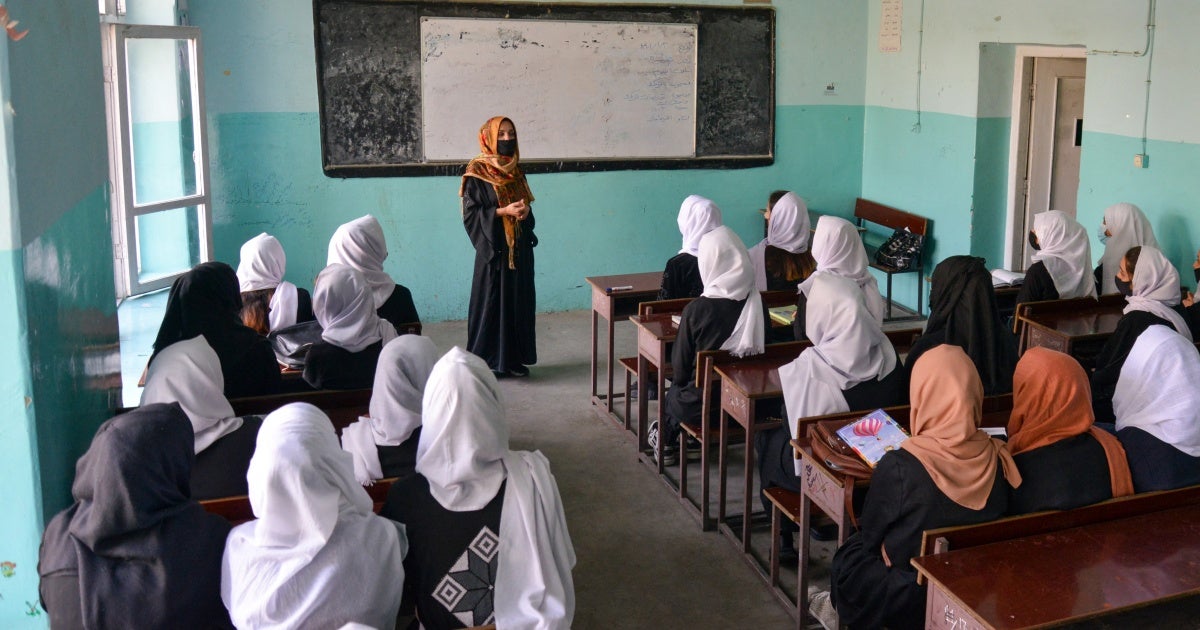September 17 marks four years since the Taliban banned secondary education for girls in Afghanistan. It is a devastating anniversary that should make everyone angry – furious even. The ban is cruel, harmful, and unlawful. It tells girls their dreams end when the classroom door slams shut when they reach age 12, simply because of their gender. It silences Afghan girl’s voices, steals their hopes, and suffocates their imagination and potential. Without education, girls are pushed into early marriage, stripped of career opportunities, and are no longer able to shape their future.
For Afghans, this ban is a direct attack on human rights and a devastating blow to the country’s future. The Taliban are not only crushing the dreams of millions of girls but locking Afghan society into a deepening cycle of inequality, poverty, and entrenched oppression. They are robbing Afghans of the opportunity to build a healthier and fairer society.
It is bitterly disappointing that the international community has not done enough to protect education for Afghan girls. The inability or unwillingness of governments to act sends a message that Afghan children don’t matter or are somehow second-class. I hear this sentiment repeatedly when I speak with teenaged Afghan girls. “Would world leaders tolerate their own daughters being banned from education as we are?” they ask me. “Wouldn’t they do everything possible to change that?”
Their confusion, anger, and disappointment are all justified. Silence in the face of such injustice only empowers the oppressors and normalizes inequality.
Education is not a privilege, it’s a right for everyone, including Afghan girls. The Taliban’s denial of this right should fuel action for consistent advocacy, broad international pressure, and support for the women teachers and girls who continue to resist through underground schools.
Governments that profess to care about women, girls, and their rights should take meaningful action by prioritizing the issue, leveraging the United Nations and regional bodies to make the ban on girls’ education a consistently visible issue. They should signal that the oppression of women and girls in Afghanistan or anywhere will not be tolerated. A key way to send this message loud and clear is by supporting Afghan women’s call for the creation of an international crime of gender apartheid. Afghan women and girls have waited too long already – the international community needs to stand up alongside them right now.



